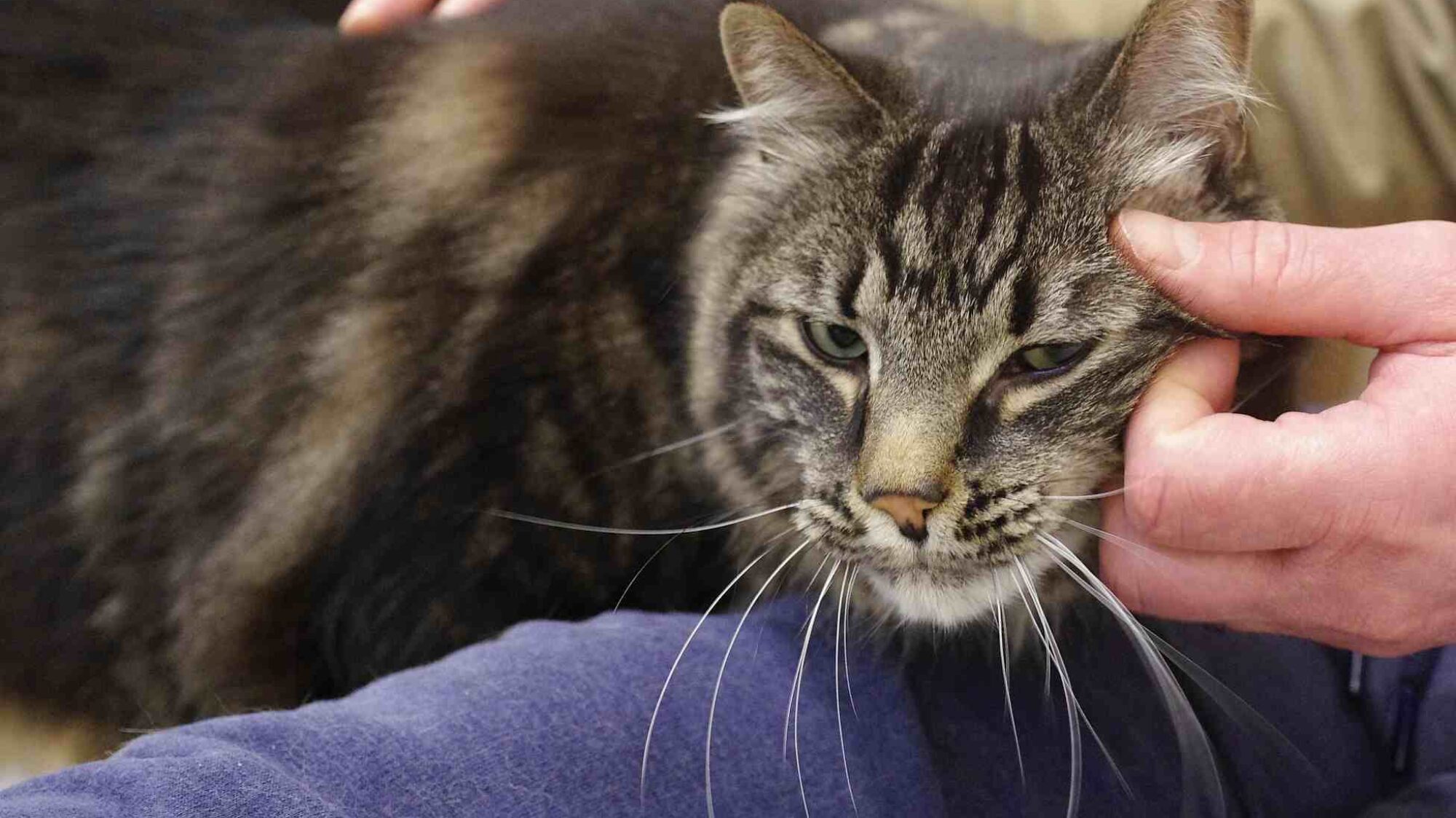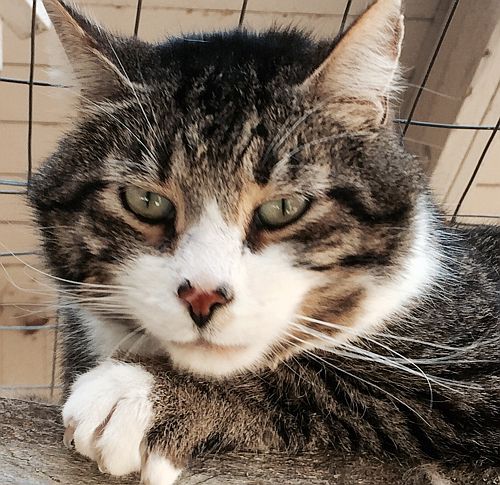LIFETIME CARE

Every year thousands of helpless cats are orphaned and sometimes euthanized due to the death or disability of their human companions.
Planning for the future of a precious cat’s next home is something that every responsible pet owner should consider. This planning is not just reserved for the elderly, but should be considered by everyone who loves their pets. Rather than leaving the fate of your companions to your friends and relatives, you should include their future as part of your estate plan.
WHAT SHOULD I DO?
Identify Caregivers
It is not enough that long ago a friend or relative agreed to care for your cat. Circumstances change, not only with the potential caregiver, but also with the needs of your cat. Stay in touch with caregivers (and alternates). Discuss your expectations and whether they are willing to assume the responsibility. Remember that your pet may need short-term interim care, in the event of an emergency.
Make Formal Arrangements
The best way to make sure that your wishes are fulfilled is by making formal, legal arrangements that provide for the care of your pets, as well as allocating funds to finance that care. You currently pay for food, shelter, supplies and medical care for your pets. These expenses won’t stop, even if you aren’t here to pay them. You will want to set aside funds for their ongoing care.

How do you want your pets to live? Do they require special care? Do you want your pets to stay together? You will want to write down your wishes and be sure they are put where they can be found. It is important to ensure that your pets will continue to receive the same type of care that you currently provide. Fill out a pet biography, detailing their likes and dislikes, where they sleep, what they eat, play behavior, etc. Also include an up-to-date medical file. No one knows what the future will bring. Isn’t your pet’s well-being important enough to plan?

Here’s a checklist of suggested items that should be with your legal documents:
- Include a photo ID with the name, age and gender of your pet and whether neutered or spayed.
- Your vet’s name, address, and contact information
- Medical conditions, if applicable, along with a list of medications, dosages, and method of application
- Foods your pet eats regularly; what time of day and how often; favorite treats
- Because cats love their routine, try to describe it in detail. Maintaining the routine as closely as possible will help the animal through the grief period and the transition to a new home and human companion.
- Is she a strictly indoor cat, or does she require an outdoor enclosure?
- Particular toys and games she likes. Do you have special play times?
- Personality characteristics: Affectionate? Likes to be picked up (or not)? A lap cat? Does she sleep with you? Attention-seeking or not? How playful? How vocal? Bites or scratches occasionally? How much grooming?
- Does she get along with other cats? Dogs/ Other pets? How about children?
- Breed characteristics, if relevant
- Include a few pieces of clothing that retain your scent to help the animal feel more secure. And add favorite toys and cat furniture.
- Provide all the necessary information for the new caretaker to access the cat and the funds you’ve secured for her care.
In addition, the following steps are recommended:
- Post a sign visible from the outside of your home indicating that there are pets outside. The fire department recommends this, especially in the case where an ambulance is required, to minimize the risk of your pets escaping.
- If you live alone, post a number on the refrigerator of someone to call about immediate care for pets.





























 SPATZI
SPATZI






 SPANKY
SPANKY











































 LUCY-ALICE
LUCY-ALICE



















 We thought we would send this out every week to our volunteers and supporters. We miss seeing them, and we’ve heard that they feel the same way So stay tuned for weekly updates on life at Safe Haven.
We thought we would send this out every week to our volunteers and supporters. We miss seeing them, and we’ve heard that they feel the same way So stay tuned for weekly updates on life at Safe Haven.


